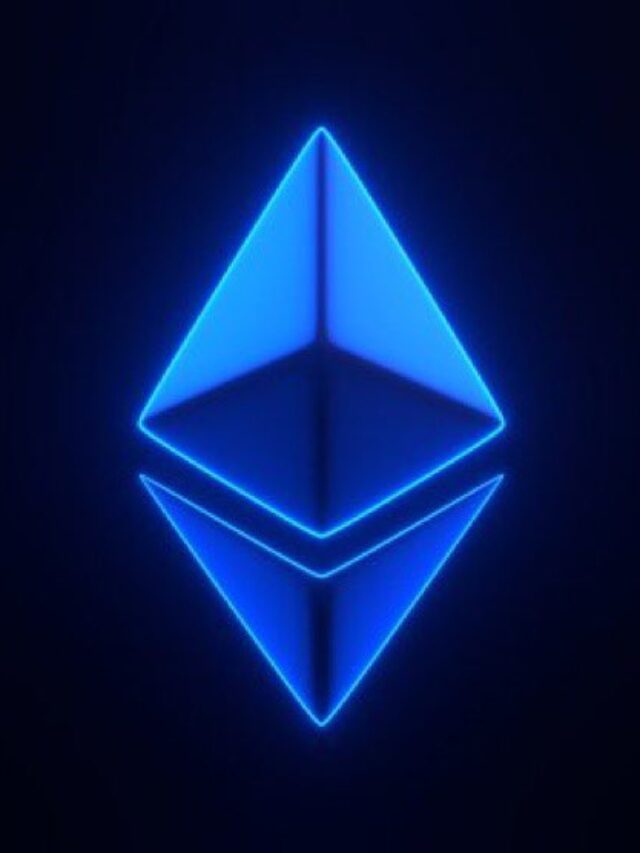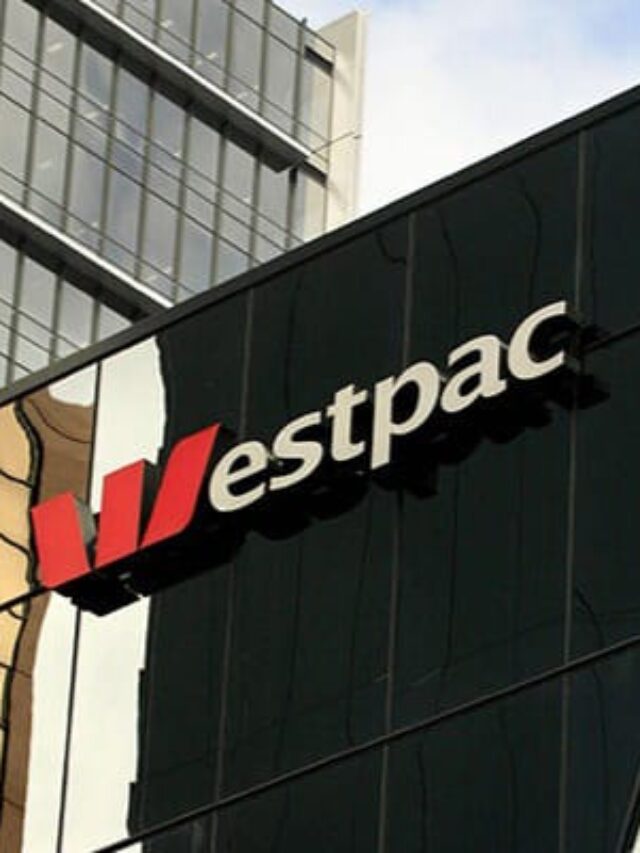We Examine Which Blockchain—Solana or Ethereum—Is Better for Developers
The platform you choose in the blockchain space determines a project’s technical viability, speed, and cost. The discussion between Ethereum and Solana has been going on for a while; the former places all of its bets on security and flexibility, while the latter focuses on performance and low costs.

Design Philosophies and Consensus
Ethereum is a modular blockchain with separate layers for data, execution, and consensus. This strategy uses Layer 2 solutions to scale and permits targeted upgrades without endangering the network as a whole. But when incorporating new features, that fragmentation makes things more difficult.
Solana, on the other hand, was designed as a single blockchain. It speeds up consensus and permits native parallel execution by fusing PoS validation with an on-chain PoH clock. It achieves sub-second latencies because of its unified design, but it gives up some flexibility for future improvements.
Development Tools and Experience
Ethereum boasts a mature ecosystem of tools. Hardhat and Remix streamline writing and testing Solidity contracts; OpenZeppelin provides secure templates; Ethers.js and Web3.js simplify node interactions. The community offers abundant documentation, forums, and grant programs, which smooth the learning curve.
Solana, for its part, relies on Anchor to abstract Rust’s complexity; Seahorse to let you write code in Python; and its official CLI to simulate real‑world environments. The @solana‑web3.js SDK accelerates integration from JavaScript applications. Even so, fewer libraries and examples can slow the initial learning process and development speed.
Day‑to‑Day Performance and Costs
Blockchain developers feel the difference every time they deploy or interact with a contract. On Ethereum, gas fees in Gwei fluctuate with congestion and can exceed a transaction’s value. Its 12‑second block times and multi‑minute finality stretch testing cycles.
Solana has dramatically lowered those barriers: its average cost is $0.00025 per transaction, and it finalizes blocks in under half a second. That speed enables more frequent iterations and realistic load tests without worrying about unpredictable fees. Nonetheless, occasional network outages have caused problems time and again for projects requiring high availability.
Security, Decentralization, and Resilience
After significant incidents, Ethereum has a long history of patching. The global distribution of its validator set improves resistance to failures and attacks. A more stable environment is guaranteed by frequent upgrades and widespread decentralization.
Although Solana relies on technological innovation, there have been frequent disruptions. Rapid recovery following a failure is made possible by a more concentrated validator network, but centralization risks are increased. When choosing this blockchain, developers need to determine if their application can withstand periods of outage, whether they be a few hours or a few minutes.
Who Is Each Blockchain For?
Solana offers a more seamless experience if your project requires large-scale operations, frequent transactions, and regular prices. Testing and rollout are agile processes because to its monolithic architecture and quick reaction times.
Ethereum, however, continues to be the standard if security, stability, and broad community support are your top priorities. It promises to reduce expenses without compromising decentralization with its rollups and planned upgrades (Danksharding and Proto-Danksharding).
Conclusion
The decision between these blockchains depends on how well security and speed are balanced. Solana’s quick and inexpensive transactions speed up development. Although it has lengthier confirmation times and higher costs, Ethereum provides a tried-and-true decentralized foundation. Development teams must consider the unique needs of their application: if cost-effective scalability is crucial, Solana is the best option; if risk reduction and utilizing a tried-and-true ecosystem are more important, Ethereum prevails.
Disclaimer and Risk Warning
coinweck does not endorse or is responsible for any content, accuracy, quality, advertising, products, or other materials on this page. The image used in this article is for informational purposes only and is provided to us by a third party. coinweck should not be held responsible for image copyright issues. Contact us if you have any issues or concerns. Readers should do their research before taking any actions related to the company.









